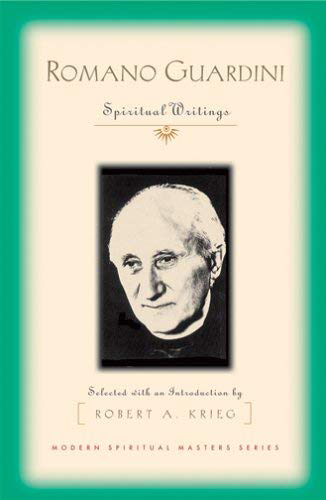Part 2 in a series of 2

Though noting some of the advantages of the technological explosion within which each of us is living, Lurie writes the following:
“It is hard to deny that we live in an exhilarating age. New technologies have facilitated an explosion of entrepreneurship and creativity that could scarcely have been imagined a generation ago. The opportunities that are available to each of us at the click of a button are practically limitless. Yet it is becoming clear that we are in the midst of a crisis, much of it playing out in our internal lives. We have never been so connected, yet we have never been so separated. Consider the recent reports that have linked new tech to upticks in attention deficit order, depression and anxiety disorders, sleep disorder, traffic fatalities, pornography addiction, identity theft, bullying, political polarization and even suicide. We have freedom, yes. We have power. But we don’t always know what to do with our freedom and power.” (pp. 40-41)
I find Lurie’s list of what has been linked to the new technologies frightening. I am not addicted to the new technologies. This is not due to my virtues as much as it is to my ignorance. A few months ago I bought a cell phone and I am still trying to learn how to use it! Right now I am wondering how many friends are addicted to the new technology and what toll it is taking in their lives. I am also wondering about the students whom I teach at St. John’s University. Are some of them addicted? The philosophy courses I teach require deep reflection. Reading and understanding the great thinkers of the past and present requires serious attention. Thinking about Lurie’s list, I am wondering if the new technology is helping students to study, without unnecessary distractions, to exploring the profound insights of thinkers such as Plato, Augustine, Aquinas, Teilhard, Marcel, Buber, Whitehead, Lonergan and others.
Lurie points out that Guardini was one of the most advanced and forward thinkers of his day and that he often encouraged Christians to engage in open dialogue with the modern world. This made Guardini a kind of precursor to Vatican II. I am wondering if this was one of the reasons I was so motivated by Guardini’s books when I read them as a seminarian back in the 1950’s.
Though I know I am not addicted to the new technology, Guardini’s insights and warnings are probably going to influence the reading I do during leisure time. I have come to believe that it can be good to once in a while “waste time.” Still, without becoming scrupulous and in dialogue with my spiritual advisor, I plan to be a little more discriminating in my reading and be more critical in viewing television. Recently I have caught myself wasting time late at night watching some old films that are really awful, comedies that are not funny and dramas that are not gripping. My decision to be a little more disciplined is hardly an earthshaking decision, but I think it probably is a good resolution at this time in my life.
In dealing with the technological revolution, prayer can play a special role. Prayer is always a good activity, but spending quiet time with God in the midst of the technological explosion could be especially profitable spiritually and also psychologically and emotionally. Peaceful time spent in prayer could be offering the Holy Spirit an opportunity to communicate with us. Better still, it could provide an opportunity for us to hear the Spirit who ceaselessly is communicating. The technological revolution can make it more difficult for us to hear what the Spirit is communicating. The words from scripture that have just entered my mind are, “Be still and know that I am God.” What is not easy in the midst of the technological revolution is being still.
Grateful to Lurie for reminding me what a wonderful presence Guardini has been in my life and in the lives of countless others, I will end this column with the words with which Lurie ends his essay: “And so all these years later, the kind quiet man continues to speak. (p. 41).
